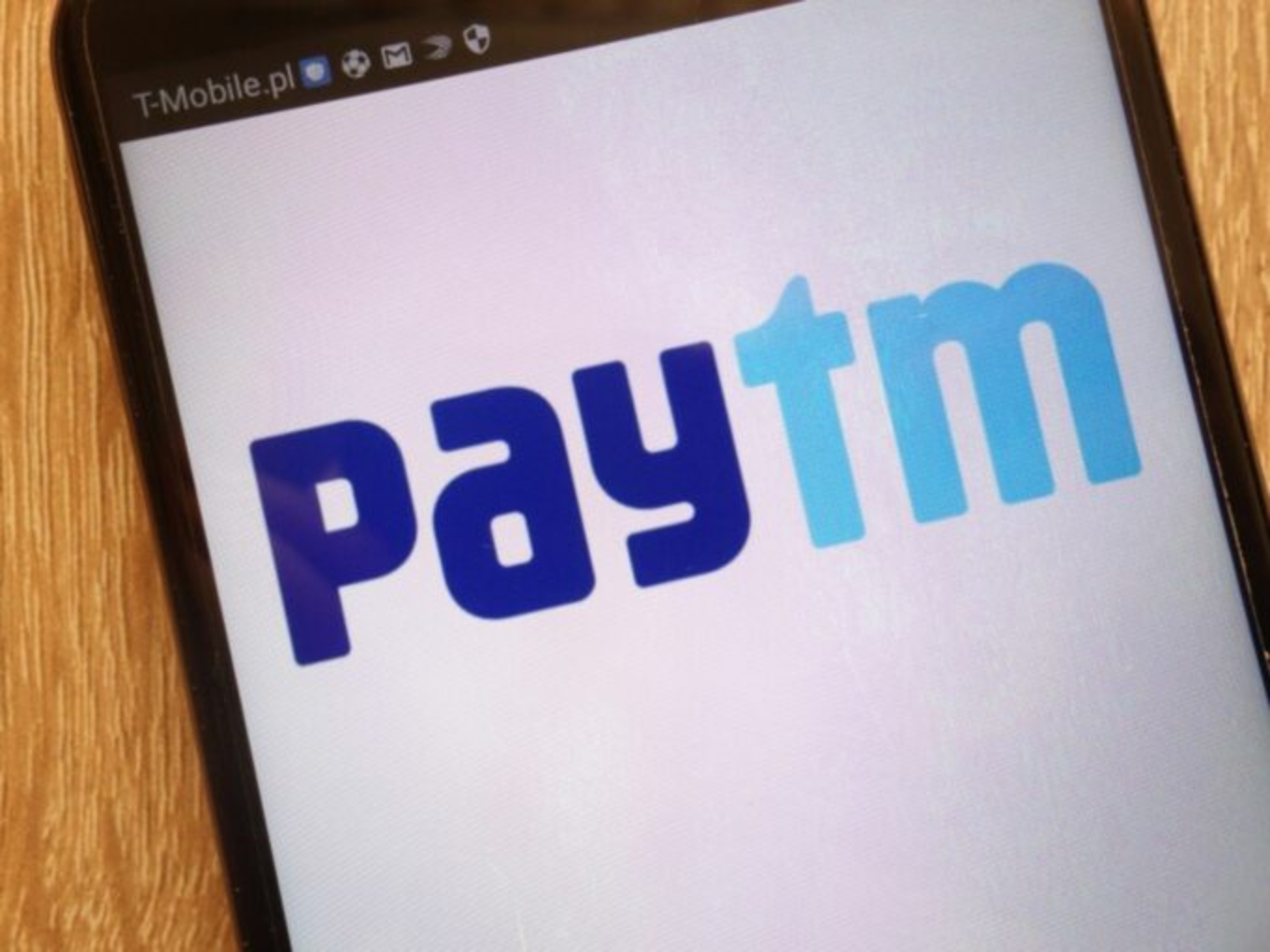
One97 Communications, the parent company of popular digital payment platform Paytm on Friday (July 16) has filed its red herring draft prospectus (DRHP) as it gears up to go public. Paytm is going to raise INR 16,600 Cr via a public offering. The company in its filing mentioned that it will issue a fresh share worth INR 8,300 Cr and INR 8,300 Cr will be an offer for share, giving the existing investors to offload their shares.
The company plans to invest INR 4,300 Cr from the IPO proceeds to grow and strengthen its ecosystem through the acquisition and retention of consumers and merchants. It will also invest INR 2,000 Cr towards new business initiatives, acquisitions and strategic partnerships.
Here are the key takeaways from Paytm’s IPO prospectus:
Who Holds The Top Stakes?
All the major shareholders of Paytm, including founder and CEO Vijay Shekhar Sharma, Ant Financial, Alibaba, Berkshire Hathaway, Elevation Capital (through the earlier funds of its erstwhile avatar of SAIF Partners), will sell portions of their stakes in the fintech behemoth in the company’s upcoming public listing.
Interestingly, Paytm is planning to list as a professionally managed company rather than as one managed by promoters, according to media reports. This means that Ant Financial, which has a 29.6% shareholding in the company will have to sell at least 4.6% of its stake. Ant is a part of the Jack Ma-led Alibaba Group which also has another 7.2% shareholding in paytm through one of its ecommerce arms.
The other major shareholders in the company are SoftBank which owns 19.6% through its two funds; Elevation Capital (formerly SAIF Partners) which owns 17.2%; Vijay Shekhar Sharma and and his namesake VSS Holding Trust have 9.6% and 5% stakes, respectively; and Warren Buffet’s Berkshire Hathaway owns 2.8%.
Update To ESOPs
Over the years startups have been offering employee stock options (ESOPs) as a mode of wealth creation to their senior and older employees who have been with them from the company’s inception.
Paytm has also approved the addition of 242,904 stock options taking the total ESOP pool to 2,409,428 equity options.
As per the filings, the total number of outstanding ESOPs as of March 31, 2021, are 1,003,128 as compared to 877,070 on March 31, 2020. According to the DRHP, One97 Communications has two ESOP schemes: ESOP 2008 and ESOP 2019.
The company’s weighted average exercise price as of March 31, 2021, was INR 101.93 for 877,070 shares. It is important to note that the weighted average share price at the date of filing the report was fixed at INR 10,706.93, meaning average exercise prices were 100 times less than that of the weighted average share price.
Revenue And Profitability
Paytm had clocked revenue of INR3,186 Cr for FY21 vs INR 3,540 Cr in FY20. It narrowed losses over the last three years to the tune of INR (4,235.5) Cr, INR (2,943.3) Cr and INR (1,704) Cr in FY19, FY20 and FY21, respectively. Interestingly, for a company hoping to attract future investors, Paytm has no signs of profitability in the horizon.
“We expect to continue to incur net losses for the foreseeable future and we may not achieve or maintain profitability in the future… We cannot assure you that we will ever achieve or sustain profitability and may continue to incur significant losses going forward. Any failure by us to achieve or sustain profitability on a consistent basis could cause the value of our Equity Shares to decline,” noted the company.
Paytm Service Stack
Paytm’s business is heavily dependent on its merchant ecosystem with merchant fees across payments, commerce, cloud and fintech services contributing heavily to its revenue. Its total merchant base has grown from 11.2 Mn as of FY19 to 21.1 Mn as of FY21, and its gross merchandise value (GMV) has increased from INR 2,292 Bn in FY19 to INR 4,033 Bn in FY 2021. Transaction fees from merchant payment services account for 75% of Paytm’s revenue from operations.
Promotional Expenses Are Decreasing Fast
Paytm’s marketing and promotional expenses in FY 2021 reduced by 61.9% from FY 2020, and by 84.4% from FY 2019. As a percentage of revenue from operations, the company’s marketing and promotional expenses reduced from 105.5% in FY2019 to 19.0% in FY 2021 primarily due to a reduction in customer acquisition costs as well as retention costs, according to the DRHP.
Bankers And Advisors To The IPO
The joint global coordinators and book-running lead managers for the IPO include Morgan Stanley, Goldman Sachs, Axis Capital, ICICI Securities, JP Morgan, Citigroup Global and HDFC Bank. According to the DRHP, founder Vijay Shekhar Sharma owns 14.6% of the company’s pre-offer equity shares. Sharma will continue to be the Chairman, Managing Director and Chief Executive Officer of the company.
The post Paytm DRHP: Key Takeaways From The Fintech Giant’s IPO Roadmap appeared first on Inc42 Media.
0 Comments